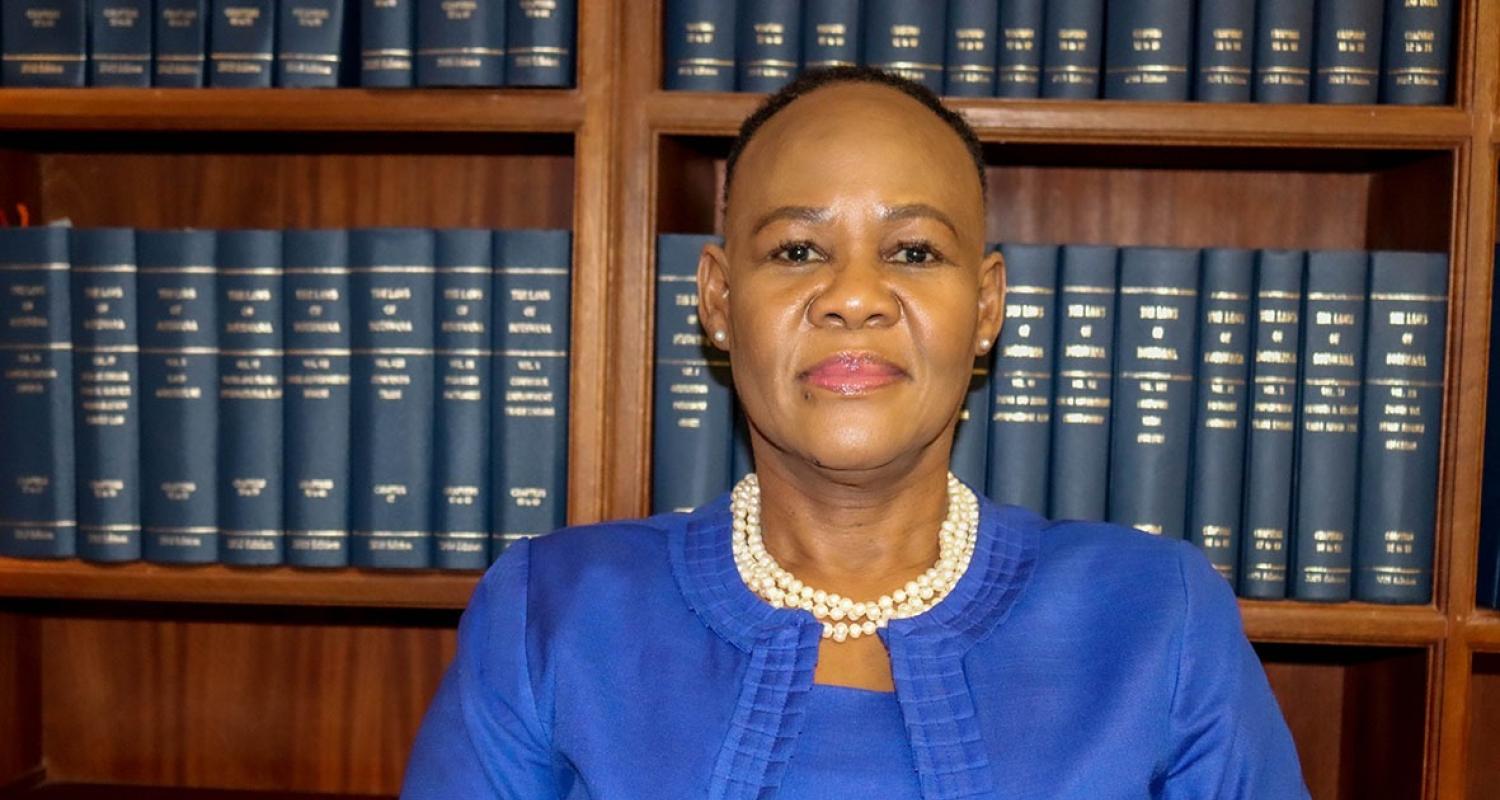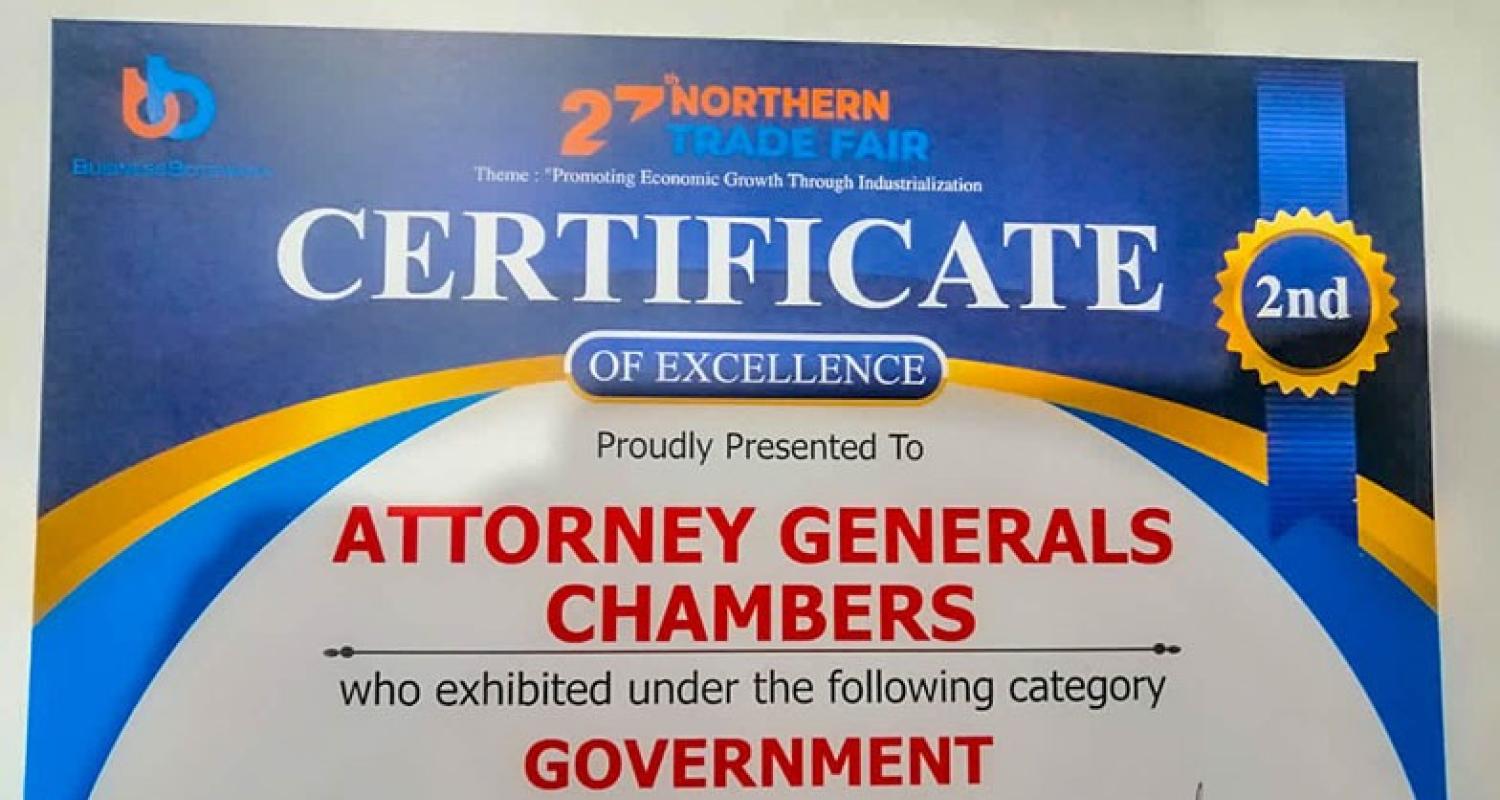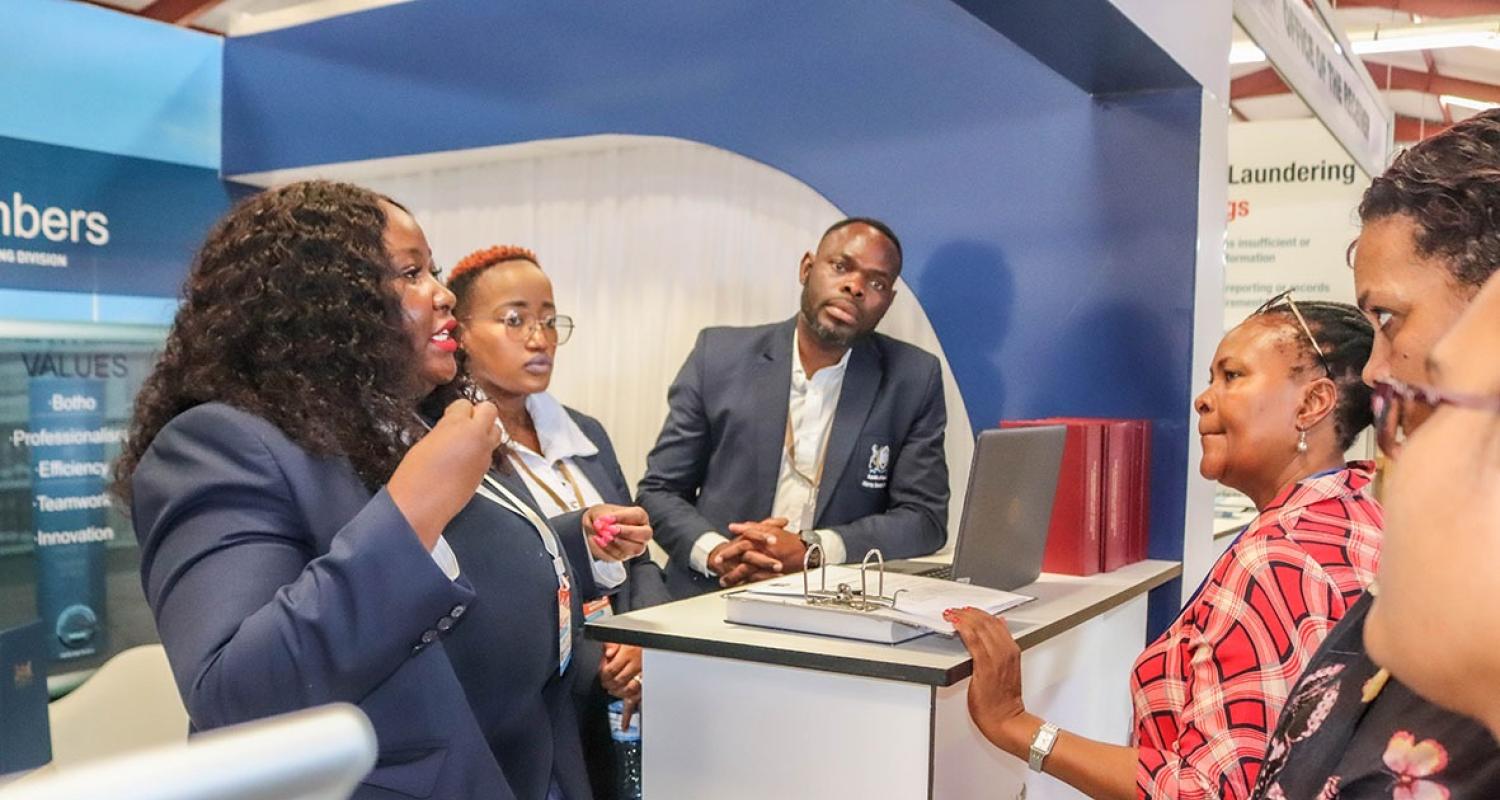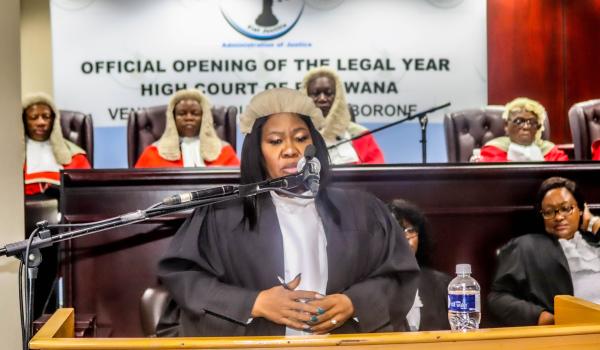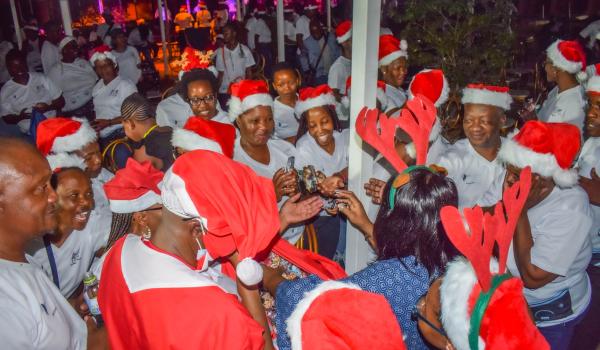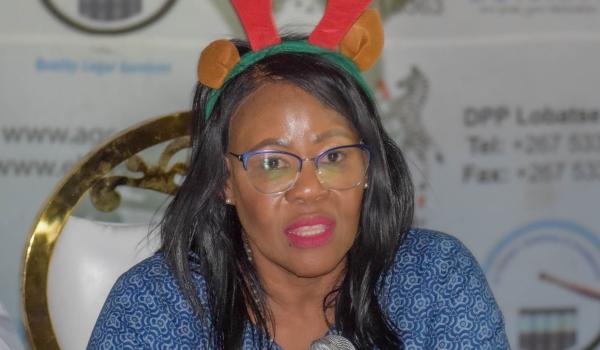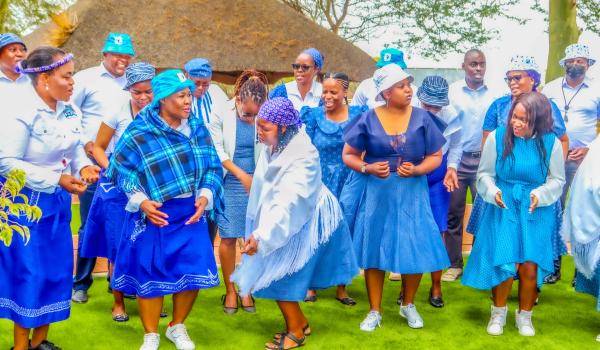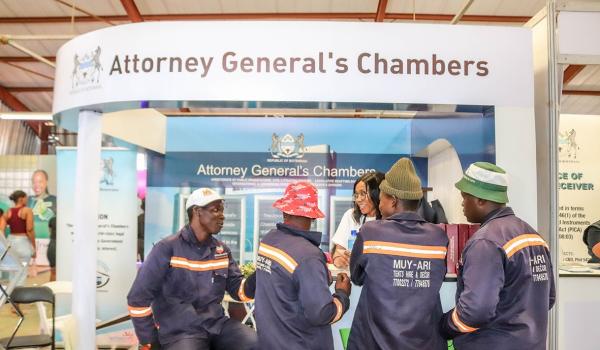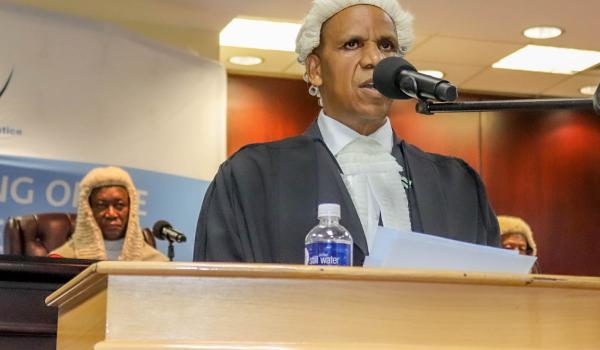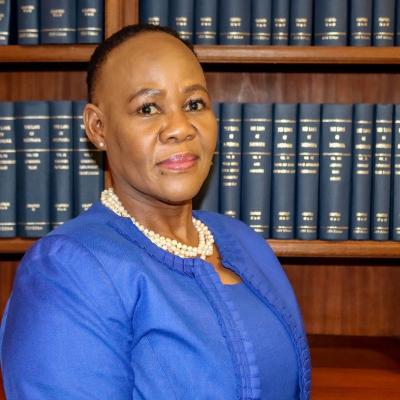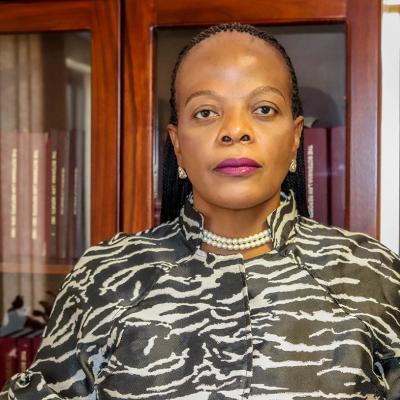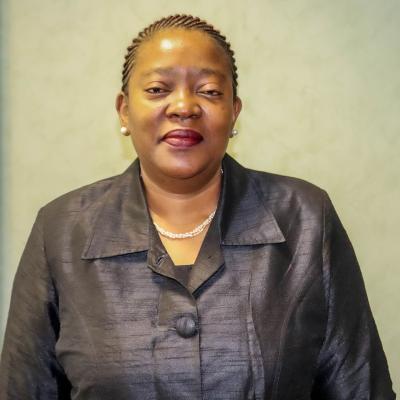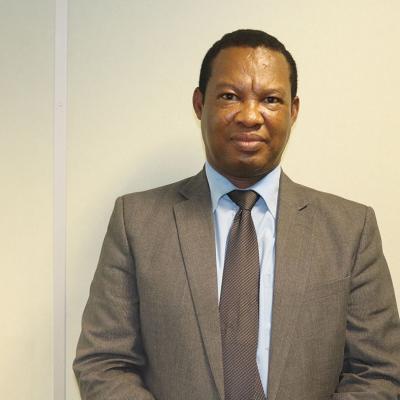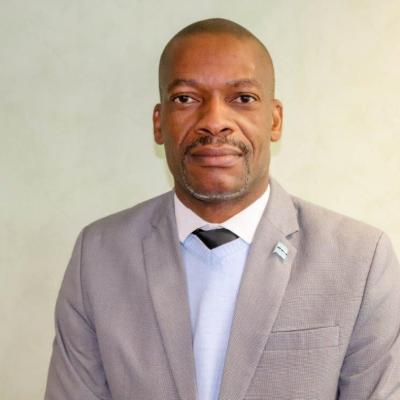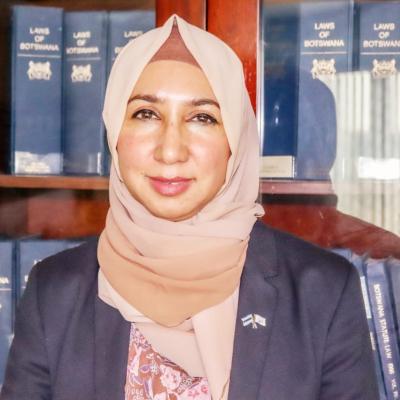OUR VISION
World-class legal services to the Government in the publics interest.About Us
The Attorney General’s Chambers is an extra ministerial department under the Office of the President and is headed by the Attorney General. The role of the Attorney General is defined in section 51 of the Constitution of Botswana as the Principal Legal Adviser to the Government.
Read more or Follow us on ![]()
MISSION
AGC exists to provide quality legal services in a timely and ethical manner, in collaboration with our stakeholders.
VISION
AGC will provide world-class legal services to the Government in the public interest.
VALUES
- Professionalism
- Botho
- Teamwork
- Efficiency
- Innovation
Welcome!
No front page content has been created yet.
Follow the User Guide to start building your site.
Follow the User Guide to start building your site.

